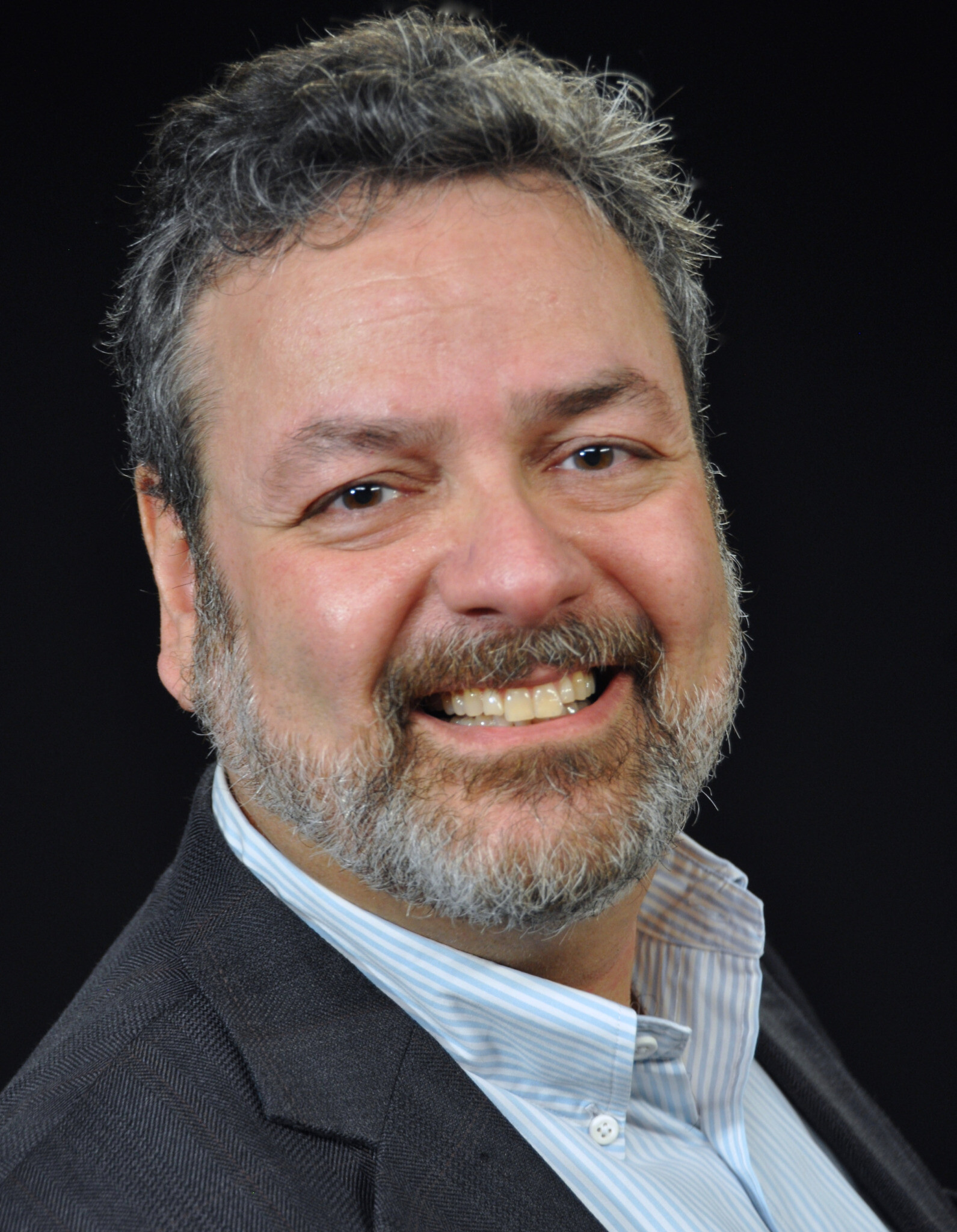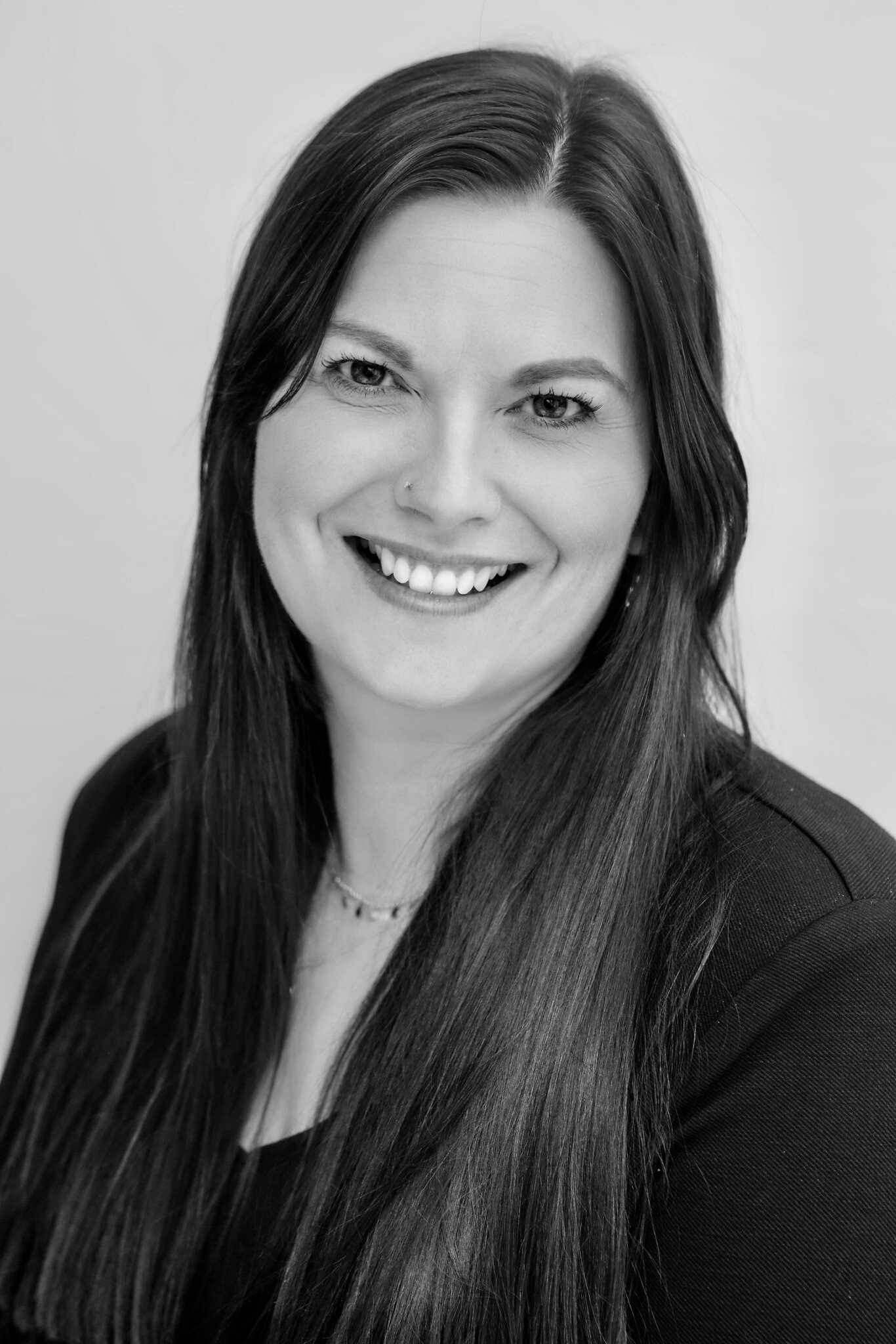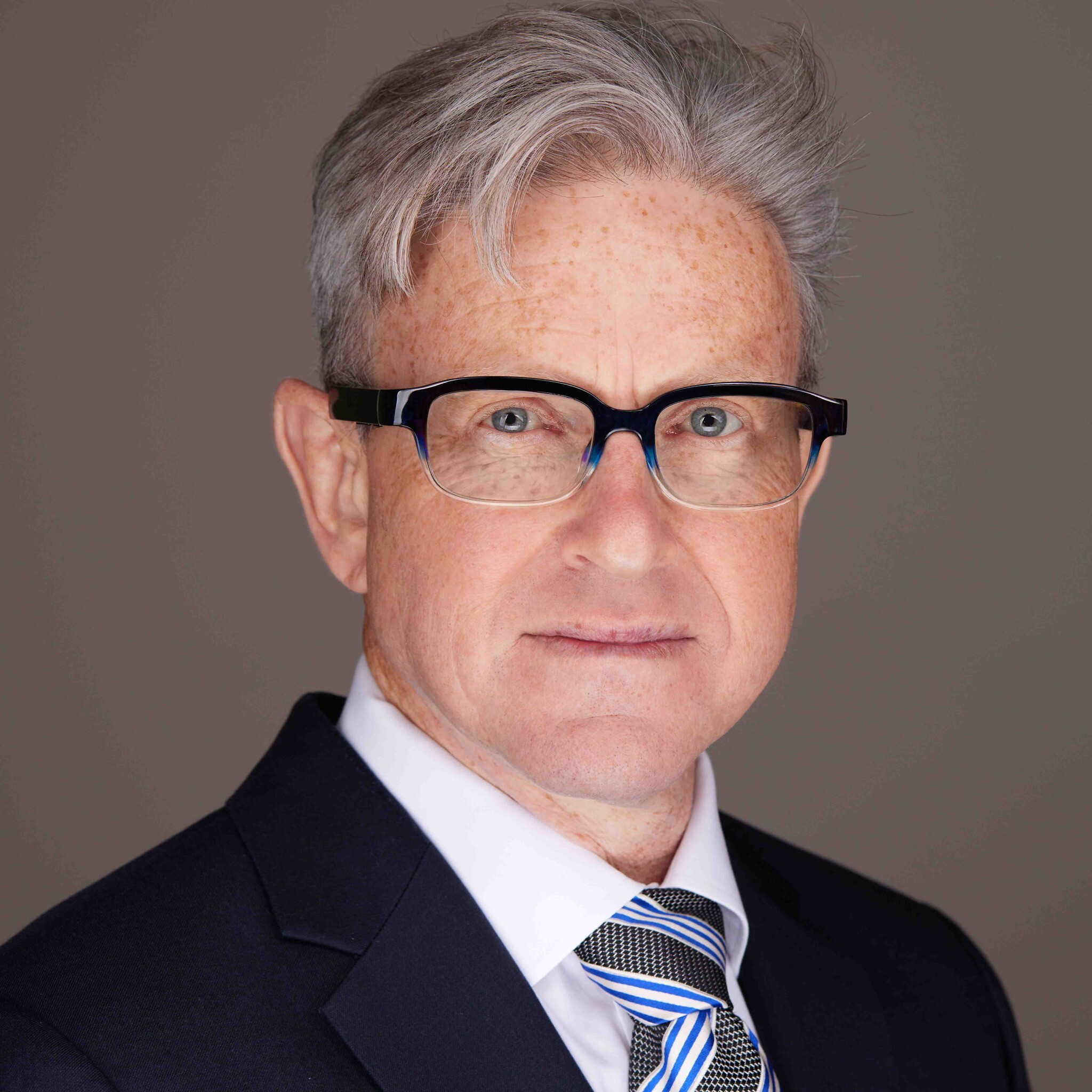While you’re reading this, someone somewhere is being hacked.
Meet the cyber superheroes fighting the bad guys
Thousands of cyberattacks happen every day, a number which is only set to increase as our lives move more and more online. While cybercrime is nothing new, our increasing use of and reliance on technology means the threat is rising rapidly. Cyber criminals are becoming more sophisticated.
The top types of cybercrime include; phishing scams, malware attacks, identity theft, password attacks and online bullying, to name just a few.
The cybersecurity market is projected to be worth a staggering $403 billion by 2027, according to Forbes 2021, and is growing at an annual rate of 15 per cent.
Unsurprisingly, investors are jumping on opportunities to back the industry. 2021 was a record year for investment. Global cybersecurity companies secured $21.8 bn in venture capital, up from $8.9 bn in 2020 – and nearly half (40%) of this was by Israeli firms, which raised $8.8 billion in over 100 different deals – triple the amount from the previous year, according to data the Israel National Cyber Directorate (INCD).

Cybersecurity expert Ron Moritz is a venture partner at Our Crowd, the online venture investing platform, which has been investing in Israeli Cyber Security since its inception.
It now has 20 active cybersecurity companies in its portfolio (at the time of writing). Among them; BioCatch and ThetaRay.
Moritz says: “Because Israel is not considered to be a threat by most nations, Israel’s cybersecurity industry is like Switzerland. Funding for its cybersecurity startups flows in from global investors while Israeli cybersecurity vendors face few obstacles selling solutions everywhere. This gives Israeli cybersecurity startups an edge, especially where buying “American” or “Chinese” raises flags.”
With over 30 years experience in the cybersecurity world, Moritz says the sector will only get stronger as the ‘bad guys’ innovate as fast as the ‘good guys’.
“The adversary innovates and evolves their attack methods quickly forcing the good guys to create new solutions. This dynamic is why the cybersecurity industry accelerated during the pandemic and why, in comparison to most other technology sectors, it has been relatively unscathed by the economic turmoil of the past year.”
Another way to understand Israel’s strength in cybersecurity, says Moritz, is by comparing the number of cybersecurity vendors against its total population. According to Richard Stiennon, chief analyst with IT Harvest, Israel ranks at the top of the list with roughly 25.08 vendors per million people. In comparison, second-place Ireland has 8.78, fourth-place United States has 4.73, and ninth-place United Kingdom has 3.10.
BioCatch
BioCatch uses behavioral biometric technology to help large global banks and fintechs fight fraud. The company analyses physical and cognitive digital behaviour, such as the way a person uses their mouse or types on a touch-screen, in order to distinguish between genuine users and criminals to detect fraud and identity theft and to improve customer experience.
Founded: BioCatch was founded in 2011 by Avi Turgeman and Benny Rosenbaum to help banks and fintechs determine whether or not online banking users are who they appear to be based on their online behaviour. While serving in the 8200 unit of the IDF, BioCatch founder Avi Turgeman first researched the hypothesis that individuals interact with technologies in unique, measurable ways. With years of expertise investigating white-hat hacking, system vulnerability management, and cyberterrorist activities under his belt, Turgeman focused on financial fraud and the detectable signs of cybercriminals, co-founding BioCatch with Benny Rosenbaum. Prior to BioCatch, Rosenbaum was a member of the team that founded Magic Software Enterprises.
Rationale: BioCatch was formed to address next-generation digital identity concerns by concentrating on online user behaviour. Customers all over the world are now leveraging BioCatch’s unique strategy and insights to fight fraud more effectively, drive digital transformation, and accelerate corporate growth.
Investment: Raised $215 million to date, including a series C round in 2020 led by Bain Capital in the US. Additionally, its client Innovation Board is comprised of five industry investors: American Express, Barclays, Citi Ventures, HSBC, and National Australia Bank.
Customers: BioCatch has over 90 customers, including American Express, Barclays, NatWest, and HSBC.
Located: BioCatch is headquartered in Tel Aviv with offices in the UK, US, Brazil, Australia, India and Singapore.
UK presence: BioCatch started in the UK and it has been embedded in the UK financial services industry since 2015.

How and why have cyber attacks increased over the past few years and in which areas?
Gemma Staite, BioCatch Head of Threat Analysis, EMEA: “Each year, the risk of becoming a victim of cybercrime grows with creative fraudulent schemes, including screen-sharing, NHS testing scams and insider fraud due to hybrid working models.
These cyber criminals capitalise on socio-cultural trends, fears and financial ambiguity, with Covid and the cost-of-living crisis being examples that will drive fraud cases. Indeed, we recently unearthed that Covid fraud increased by 167% in 2021 in the UK, highlighting the opportunistic nature of the modern-day cybercriminal.”
How has cybersecurity grown over the past few years?
Gemma Staite, BioCatch Head of Threat Analysis, EMEA: “Biocatch focuses on account frauds. What we see in that respect is that one of the most significant changes in cyber security over the last 20 years has been its pervasiveness. As cybercriminals become more creative and skilled in their approaches, psychology and behavioural science are becoming as crucial as coding in modern cyber security.
Along with developing new technology advancements banks are realising how important the human factor is becoming. For example, social engineering scams also known as Authorized Push Payment Fraud, are the fastest growing fraud problem today. These scams manipulate consumers, psychologically, convincing them to submit a bank transfer that then results in the loss of large amounts of money. Because the genuine account owner is activating the transfer of cash it is much harder for banks to detect fraud until it is too late.
Another trend we are seeing, especially in the face of the cost-of-living crisis in the UK, is the growth of Money Mules, these are people who either knowingly or unknowingly transfer money from one account to another, helping cybercriminals launder stolen funds. This month Lloyds Bank shared that the percentage of money mules over the age of 40 has grown 29% since last year. Cybercrime flourishes in times of uncertainly and 2022 has been no exception.”
What gives Israel the edge when it comes to Cybersecurity?
Gemma Staite, BioCatch Head of Threat Analysis, EMEA: “The technology we’ve developed at BioCatch all started during our founders’ time in the 8200 unit. The creative problem-solving nurtured in the IDF allows for innovation at lighting speed. Many of our team members are veterans of the intelligence units and we’ve worked to foster the same values to solve new and complex problems for our customers.”
What are the big trends within cybersecurity?
Gemma Staite, BioCatch Head of Threat Analysis, EMEA:
“Social engineering – the manipulation of victims to transfer funds to cyber criminals, is the mega trend within financial fraud. The challenge with detecting many social engineering scams is that the cybercriminal does not interact directly with the banking platform and instead convinces the victim to execute a payment. Device, IP and authentication activity will appear genuine, rendering traditional layers of security redundant.
Behavioral biometrics looks for subtle changes in more than 2,000 digital behavior patterns that build a picture of a user’s emotions or intention during a session and suggest a social engineering scam may be in progress.
Mobile attacks – The use of mobile devices has grown exponentially in the last decade with nearly 5.3 billion unique mobile phone users globally and more than 250 billion apps expected to be downloaded in 2022. Thus, it is hardly a surprise that mobile fraud attacks have been on the rise for years.
Targeted Ransomware – Account takeover is a type of identity theft in which a fraudster acquires access to a victim’s account and utilises it to make unlawful purchases or transactions. It is a massive challenge for financial institutions, e-commerce merchants, and nearly any company that offers monetizable items or services. According to Javelin Strategy & Research, account takeover theft would cost US customers $11.4 billion in 2021.”
Where do you see the big opportunities within this space, both in terms of necessity, innovation and investment?
Gemma Staite, BioCatch Head of Threat Analysis, EMEA: “Criminals in fraud are always getting smarter and more sophisticated, we need to be too. This demands more sophistication and innovation. We work closely with some of the most advanced fraud teams in the world to identity new trends and then layer in our behavioural data to identity user behaviour and root out criminal tells. The depth of the data is enormous and we are only scraping the surface for what is possible both in financial services and beyond.”
ThetaRay
ThetaRay is the world’s preeminent authority and leading provider of AI-based big data analytics for the prevention of financial cybercrime, specifically fraud and money-laundering. ThetaRay’s solution is the first and only AI-based technology detecting criminal schemes across complex, cross-border transaction paths. Clients include Santander, Payoneer and Travelex. With over 1 billion users, ThetaRay monitors around $15 trillion worth of transactions a year.
Founded: ThetaRay was founded in 2013 by Amir Averbuch and Ronald Coifman. Chief executive officer Mark Gazit has been there since inception. A world-renowned leader in the Cyber SecurityGazit is also chairman for Cyber & FinTech at the Israel Export Institute.
Investment: Around $100 million from a mix of VCs such as Jerusalem Venture Partners, OurCrowd and ABN AMRO Ventures, plus major global companies including General Electric.
Located: Headquartered in Hod HaSharon, Israel, the company has offices in New York and Madrid.

How and why have cyberattacks increased over the past few years?
Mark Gazit, ThetaRay CEO: “The world of cybersecurity has shifted in past few years, partly due to Covid. Years ago, cybersecurity was more about defacing websites but today, it’s more about stealing money and organised crime. What can be better for criminals than to hack into a bank and steal money from a remote location, so they don’t fear going to jail because they are in a diff location. Money has become more digital. Today, there is money digital money than the paper ones.
Cybercrime has moved far beyond just petty theft by individuals. We are taking about organisations/governments and millions of dollars being moved around. This is the next generation of cybercrime and ThetaRay is fighting this threat.
“Financial institutions were not ready for the sophisticated levels of cyberattacks. We want to provide highways for good people allowing them to move money fluently and to not let the bad guys to launder money and finance bad activities such as human trafficking, terrorist activities and sex slavery, all which need to be financed.”
What makes Israel so well-positioned when it comes to cybersecurity?
Mark Gazit, ThetaRay CEO: “It’s two ingredients; 1) the ecosystem that Israel has built, and 2) necessity – the mother of all invention.
“Israel is a small country and has had to use technology to protect itself and fight ‘the bad guys. Studying before the military enables Israelis to develop their technology skills and become experts in cybersecurity before then trying out systems in the military, going on to build start-ups deploying these technologies for commercial companies. Israel has created an ecosystem that brings the best investment into the country. This is coupled with the facts that many international companies, like Google, Amazon and Intel have built their R&D centres in Israel.”
What is the importance of Israeli innovation within cybersecurity as we move past Covid?
Mark Gazit, ThetaRay CEO: “Covid hugely advanced remote-working technology – things that were supposed to happen five years from now are happening now. People don’t use cash anymore as during covid companies had to develop systems for touch payments and cashless payments, but of course, these advances created a new world of threats. It has become easier for hackers to take over people’s identities, making threats more imminent and everyone is susceptible. Attacks are getting more sophisticated.”
Where do you see the big opportunities within this space, both in terms of necessity, innovation and investment?
Mark Gazit, ThetaRay CEO: “The combination of cyber and fintech is a huge area. The fact that cybersecurity attacks are being used to steal money and potentially take over your identity and your home makes it a big issue. This bordering of financial risks and cybersecurity is a key area for investment. Healthcare is also an opportunity; healthcare institutions are not really protected and we see threats in those areas as technologies such as smart home solutions make us more susceptible. Many homes are connected through smart devices like Amazon Alexa and I think we will see more hackers hacking into our homes through these devices. It’s scary but also exciting as we have so many AI-operated technologies helping us to fight the bad guys.”
Other Israeli cybersecurity companies:
Cyabra
ITsMINE
Shieldfc
Perception Point
Nanolock
D-ID
QuantLR
Morphisec

Thank you for helping to make Jewish News the leading source of news and opinion for the UK Jewish community. Today we're asking for your invaluable help to continue putting our community first in everything we do.
For as little as £5 a month you can help sustain the vital work we do in celebrating and standing up for Jewish life in Britain.
Jewish News holds our community together and keeps us connected. Like a synagogue, it’s where people turn to feel part of something bigger. It also proudly shows the rest of Britain the vibrancy and rich culture of modern Jewish life.
You can make a quick and easy one-off or monthly contribution of £5, £10, £20 or any other sum you’re comfortable with.
100% of your donation will help us continue celebrating our community, in all its dynamic diversity...
Engaging
Being a community platform means so much more than producing a newspaper and website. One of our proudest roles is media partnering with our invaluable charities to amplify the outstanding work they do to help us all.
Celebrating
There’s no shortage of oys in the world but Jewish News takes every opportunity to celebrate the joys too, through projects like Night of Heroes, 40 Under 40 and other compelling countdowns that make the community kvell with pride.
Pioneering
In the first collaboration between media outlets from different faiths, Jewish News worked with British Muslim TV and Church Times to produce a list of young activists leading the way on interfaith understanding.
Campaigning
Royal Mail issued a stamp honouring Holocaust hero Sir Nicholas Winton after a Jewish News campaign attracted more than 100,000 backers. Jewish Newsalso produces special editions of the paper highlighting pressing issues including mental health and Holocaust remembrance.
Easy access
In an age when news is readily accessible, Jewish News provides high-quality content free online and offline, removing any financial barriers to connecting people.
Voice of our community to wider society
The Jewish News team regularly appears on TV, radio and on the pages of the national press to comment on stories about the Jewish community. Easy access to the paper on the streets of London also means Jewish News provides an invaluable window into the community for the country at large.
We hope you agree all this is worth preserving.






















